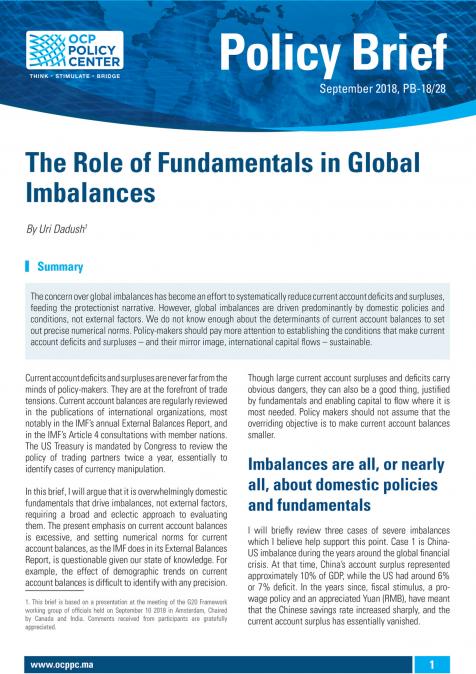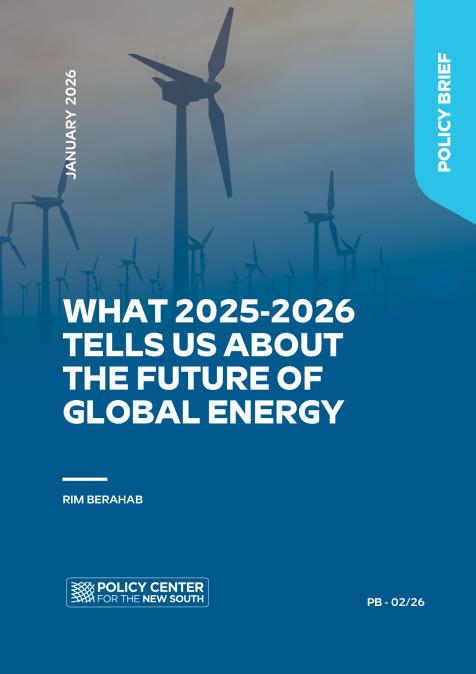Publications /
Policy Brief
Policy Brief
The Role of Fundamentals in Global Imbalances
September 13, 2018
The concern over global imbalances has become an effort to systematically reduce current account deficits and surpluses, feeding the protectionist narrative. However, global imbalances are driven predominantly by domestic policies and conditions, not external factors. We do not know enough about the determinants of current account balances to set out precise numerical norms. Policy-makers should pay more attention to establishing the conditions that make current account deficits and surpluses – and their mirror image, international capital flows – sustainable.












